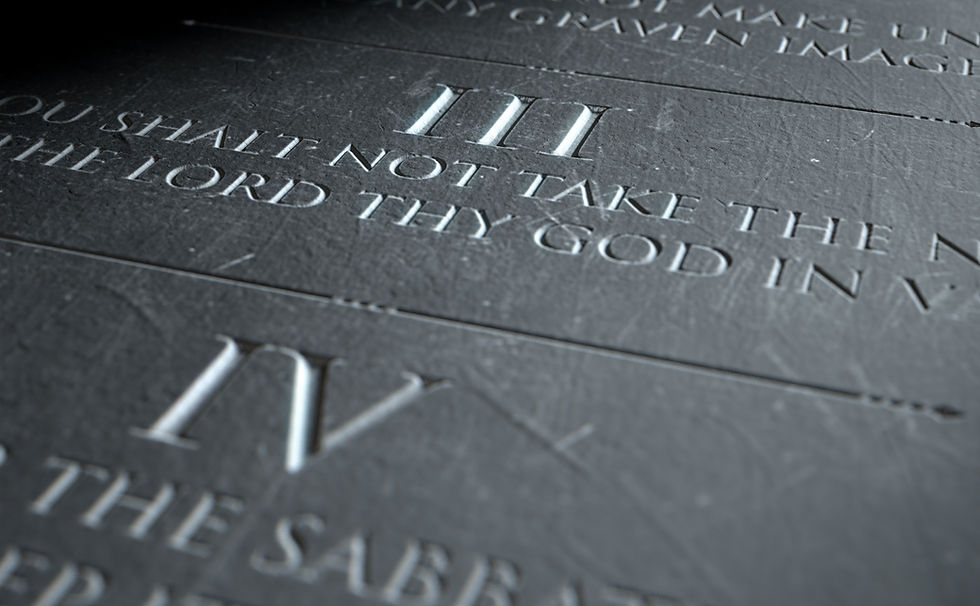Texas Supreme Court Agrees that Austin Ballot Language is Misleading
- Russell Withers

- Mar 3, 2021
- 3 min read
Updated: Mar 28, 2021

In a Feb. 12 post on LIFT Perspectives titled "City of Austin Makes the Case for State Oversight of Ballot Proposition Language, Again," TCCRI's Russell H. Withers described the City of Austin's "deliberately confusing" ballot language on the upcoming referendum vote on the camping ordinance issue as a "masterfully obfuscated mess of words." The Texas Supreme Court agrees.
In a March 2, 2021 opinion written by Justice Jimmy Blacklock, the Court explained that the ballot language drafted by the Council states that the ordinance "create[s] a criminal offense and a penalty for anyone sitting or lying down on a public sidewalk or sleeping outdoors." Of course, the actual ordinance does not apply to "anyone." The Court explains:
Texas Supreme Court Agrees that Austin Ballot Language is MisleadingAlthough “anyone” is just one word, it is quite an important word in this context. Including it on the ballot as directed by the Council would suggest to voters that the ordinance criminalizes and penalizes a much wider swath of conduct than it actually does. In this regard, the word “anyone” in the Council’s ballot language threatens to “mislead the voters” by “misrepresent[ing] the measure’s character and purpose or its chief features.”
The Court continues:
the Council’s proposition is inaccurate and misleading in one important respect. The proposition states that the ordinance creates a criminal offense and a penalty “for anyone sitting or lying down on a public sidewalk” in the downtown or UT-Austin area. Although the ordinance does criminalize some instances of sitting or lying down on a sidewalk, by using the word “anyone,” the proposition gives the impression that the ordinance criminalizes all instances of sitting or lying down on a sidewalk. That is not true.
Using ballot language that suggests to everyone reading it that voting in favor of the proposition would criminalize common everyday behavior is a great way to help defeat a ballot proposition the language drafters (i.e. the Mayor and the City Council) oppose. In this instance, the Texas Supreme Court ordered the City of Austin to remove the word "anyone" from its ballot proposition language, but this is a tactic the Austin City Council has used for years, and it reinforces what TCCRI argued in that February post:
This level of condescension from City leaders should not be tolerated. State Representative Valoree Swanson has filed House Bill 782, which would require that ballot propositions “submit the question with such definiteness and certainty that the voters are not misled.” The bill would allow voters to submit ballot language to the Secretary of State for review under that standard. If the language fails to meet that standard, the political subdivision that drafted the language will have up to two additional attempts to revise the language and meet the standard. If it fails to do so, the Secretary of State would be required to draft language for the ballot proposition.
TCCRI recommended this policy proposal in the Final Report of its Government Reform Task Force, which met throughout the 2020. Our recommendation was based on House Bill 3376 (86R, Klick) and Senate Bill 323 (86R, Huffman), both of which were filed in the 86th Legislative Session, and proposed a similar response to that of House Bill 782.
Representative Swanson's proposal in House Bill 782 is a long overdue change in public policy. Voters deserve to have language presented to them in a way that is clear and intelligible, and certainly not deliberately misleading.










